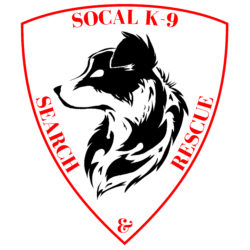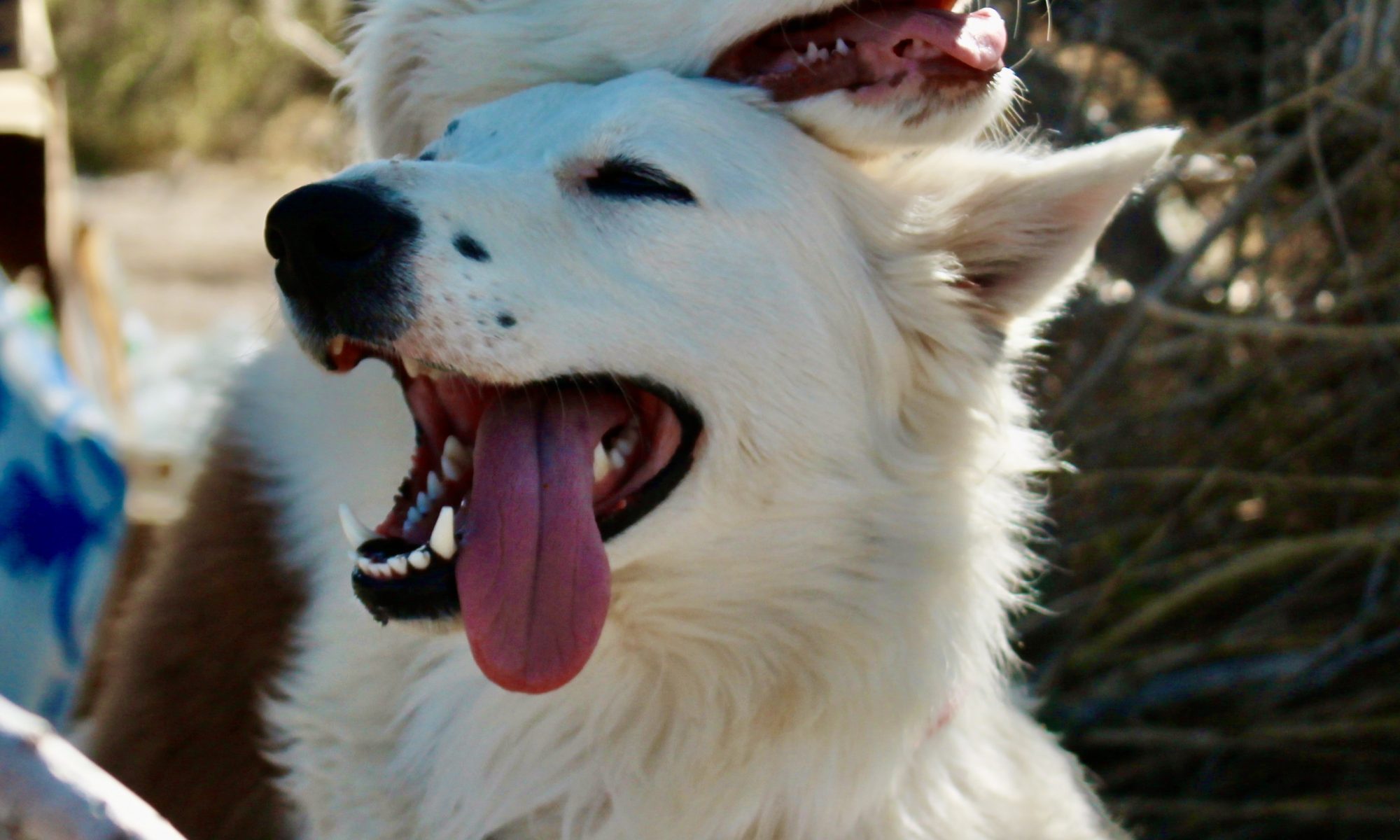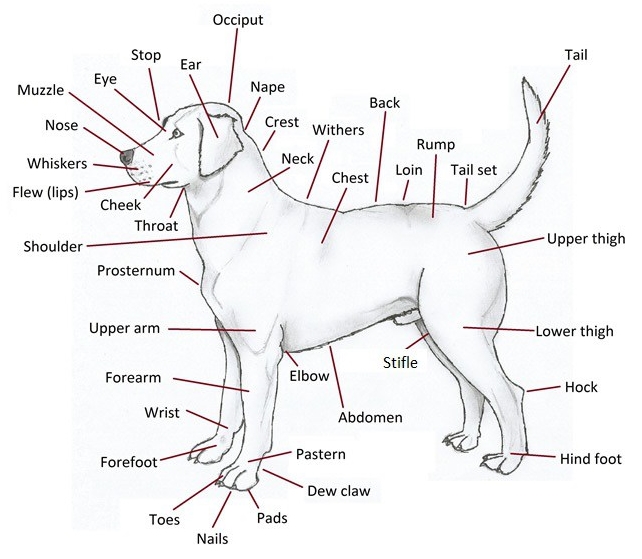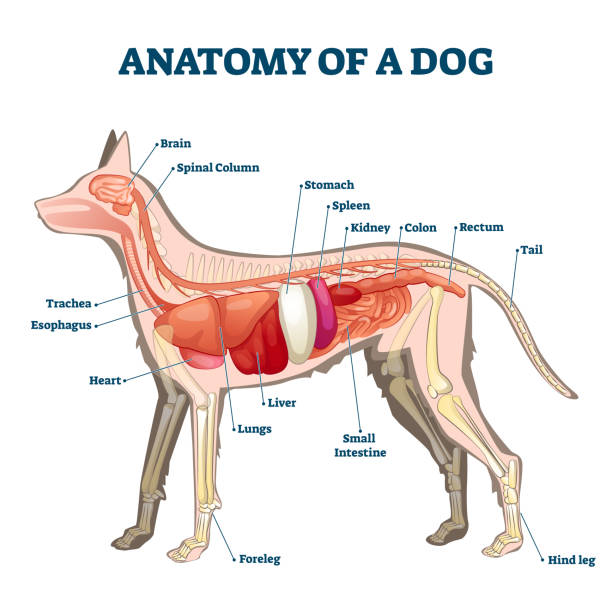Because of the remote wilderness terrain that we conduct our training in, we found it to be necessary to learn how to administer all of our dog’s healthcare needs. Throughout the 7 consecutive years of training in the wilderness full time, we had little to no access to vet care, forcing us to implement a holistic and preventative approach to medicine. What we learned is that we can do virtually all of our dog’s care ourselves using these valuable alternative regiments. These techniques have protected and saved our dogs in the most extreme terrain, circumstances, and from the most extreme of wildlife (including mountain lions, bears, coyotes, venomous snakes, scorpions, red ants, bees, ticks, fleas, worms and other internal parasites, cacti, etc.).
When you train with us here at SoCal in person or virtually, these are some of the topics that we cover in more detail throughout the duration of our time together.
Basic Anatomy
Exercise and Fitness: A Must for your Dog
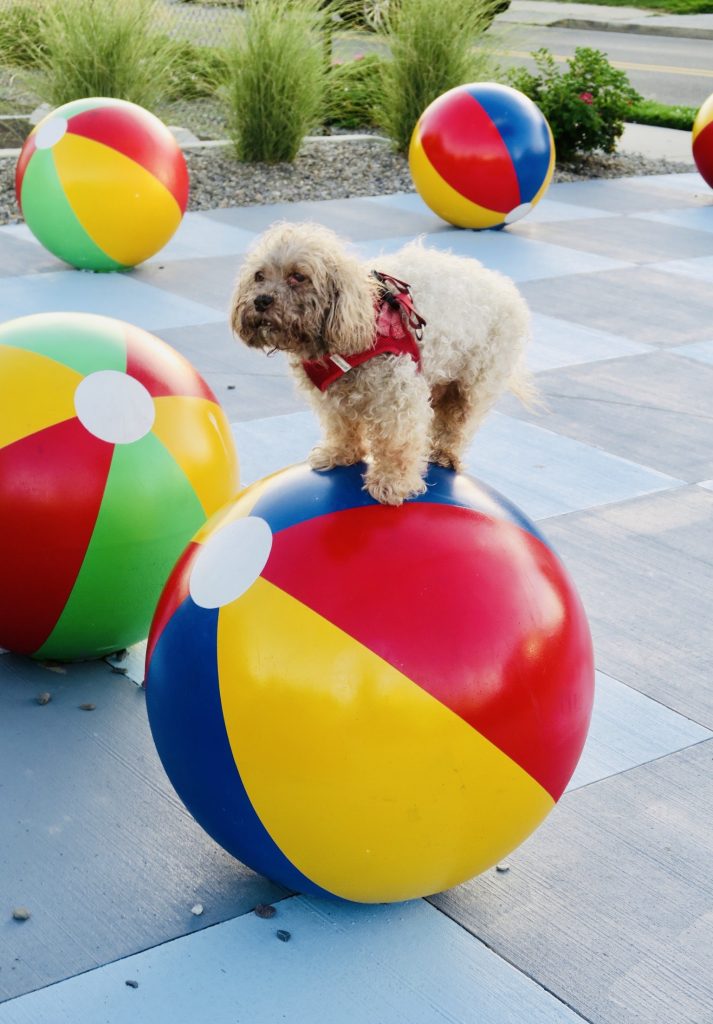
Daily exercise has shown to improve quality of life. Exercise your pup for 20 minutes at least 3 times per week. Be sure to do a quick warm up and cool down before and after your workout and provide plenty of water during exercise.
- Play fetch/Tug of War
- Hide and seek (scent work)
- Hiking
- Walking/exploring somewhere new
- Jogging/Interval training
- Treadmill
- Agility work
- Learn a new skill (obedience, trick training, etc)
- Swimming
- Give your dog a job
Nutrition: What and How to Feed
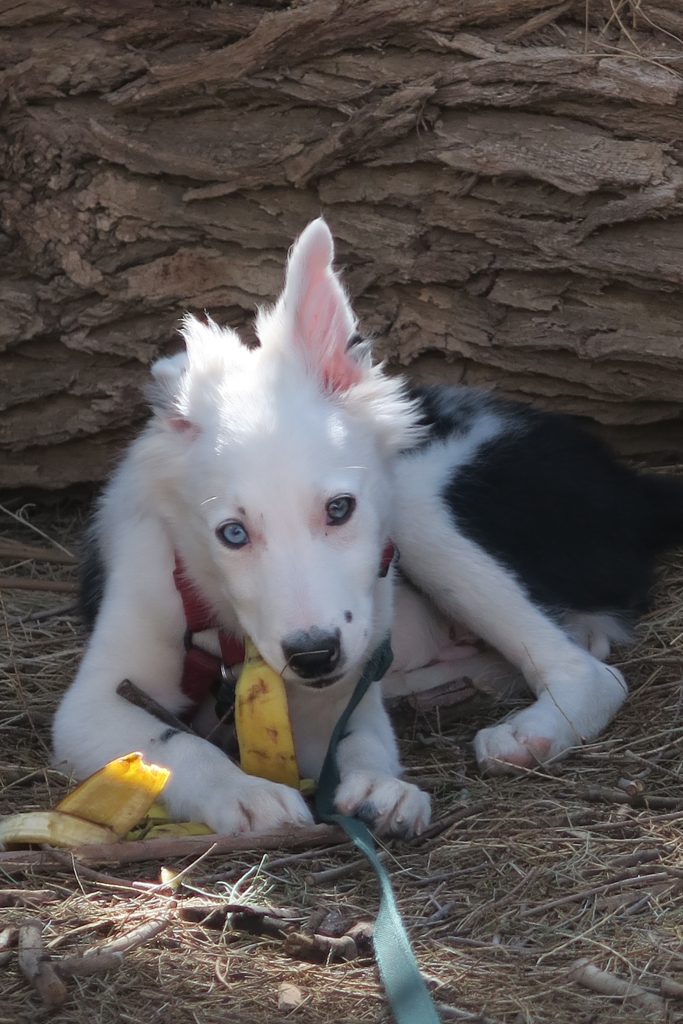
Good nutrition leads to stronger immune systems, higher energy levels, and healthier dogs.
- Commercial dog foods vs Human grade dog food (how, what and when to eat)
- Daylight Diet (2 meals per day)
- Supplements
- Clean Water
- Natural alternatives
Internal and External Parasite Control
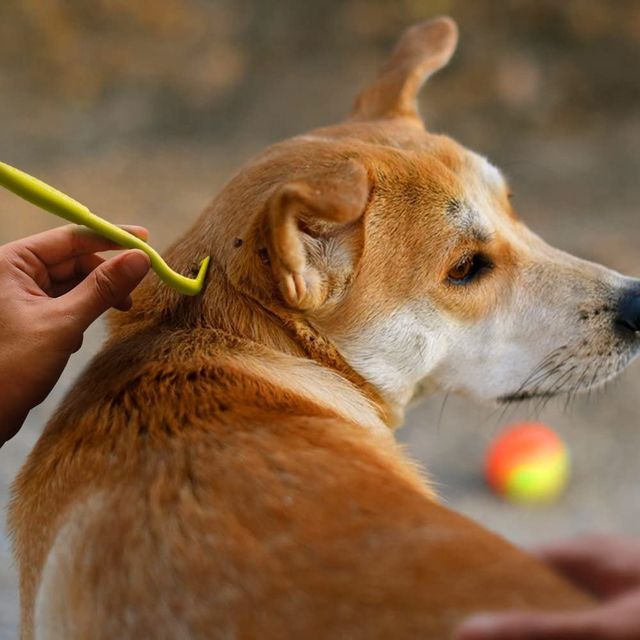
- No sniffing where other dogs to the bathroom
- Stool checks for worms
- Flea control using diet and routine bathing
- Tick control using essential oils and tick removers/vaseline
- Cleanses including diatematious earth, activated charcoal, bentonite clay, etc
Physical Exams: Keep your Dog in the Peak of Health
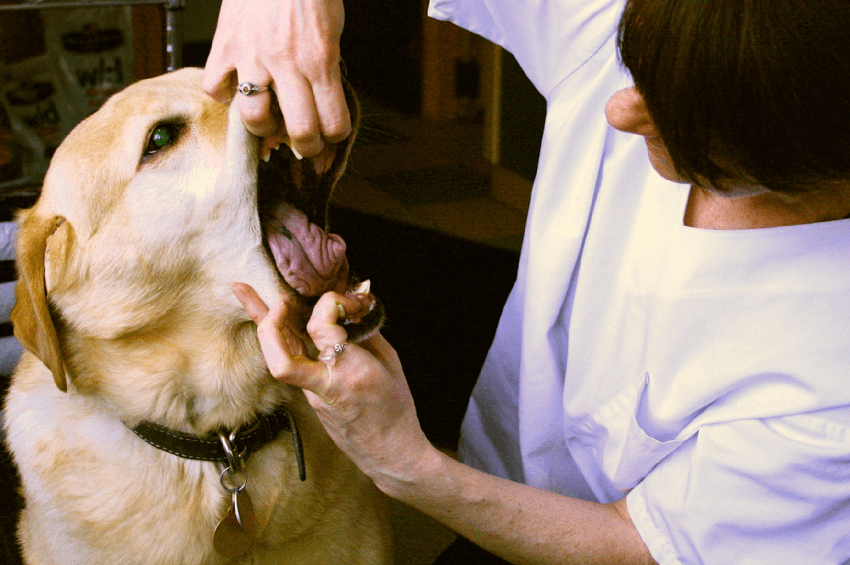
Mini home exams are recommended monthly for prevention and early detection of diseases and disorders. What to look for:
- Gum refill
- Feel your dog for lumps and bumps
- Eye check (whites, gunk, vision, etc)
- Coat (shiny, patchy, dry, etc)
- Ears (clean, itchy, smell, etc)
Vacinations/Vets
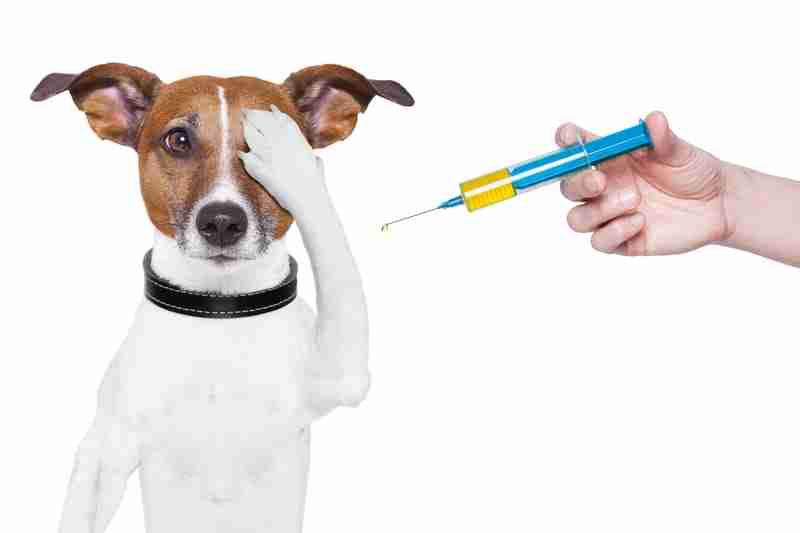
Not all vaccinations need to be administered every year. Research has shown that protection from certain vaccines last longer than previously believed (ask your vet about a titer test). **Over-vaccinating can lead to allergic reactions, serious health complications and/or death.
- Consider alternatives wherever you can
- Opt out of non core/optional vaccines
- consider a vasectomy instead of neutering
- Contact a natural vet
Grooming: Keep your Dog Looking, Smelling and Feeling Great
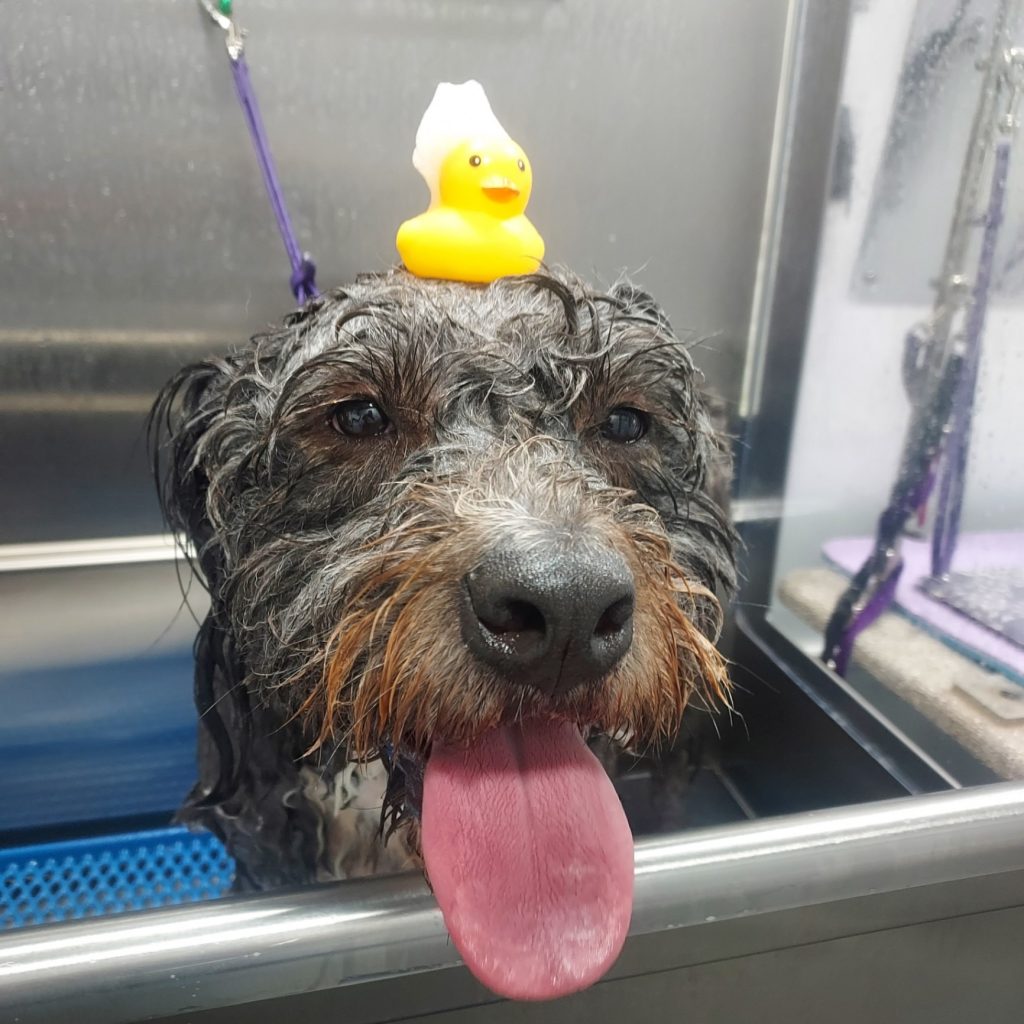
Did you know that grooming can be done in the comfort of your own home, by you? Most people really enjoy the process. Let us help you learn how to care for your dog and deepen your relationship.
- Brushing should be performed daily depending on length of hair and coat
- Bathing removes dirt, grease and grime that cannot be removed by brushing (use a hypoallergenic shampoo)
- If you live in a city, clean your dogs feet after every walk
Nail Trimming
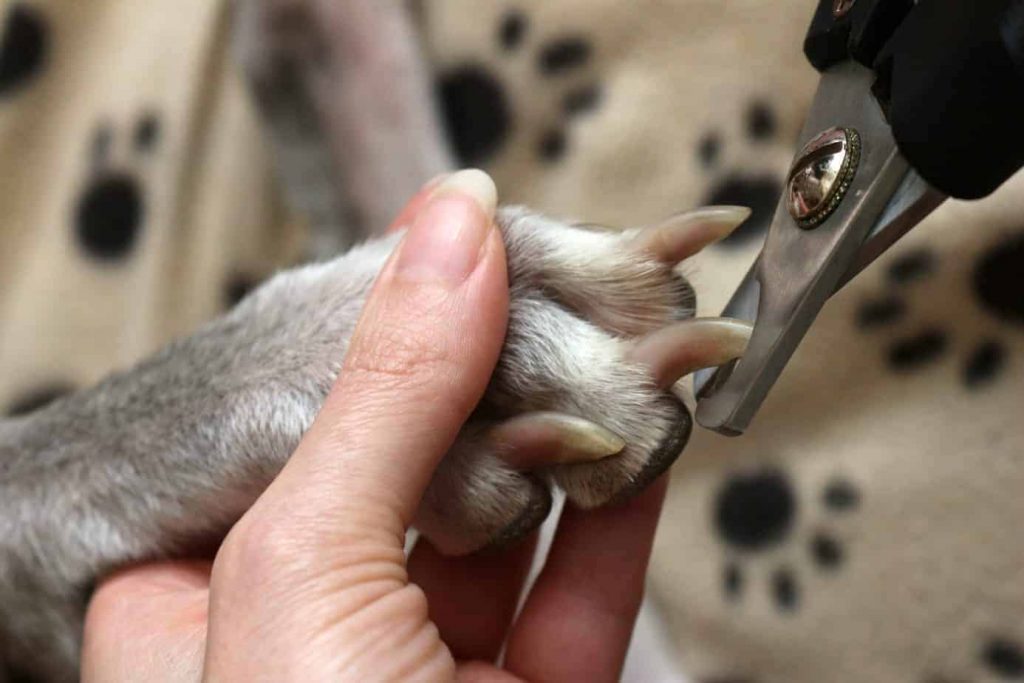
If the nails touch the floor when your dog places full weigh on its paws, they need to be trimmed.
- Nail file
- Drummel
- Clippers
- Nail bleeding- apply direct pressure to the bleeding nail with a cloth or towel for 3-5 minutes. Flour and clotting powders can also be applied to nail tips to halt stubborn bleeding.
Ear Care
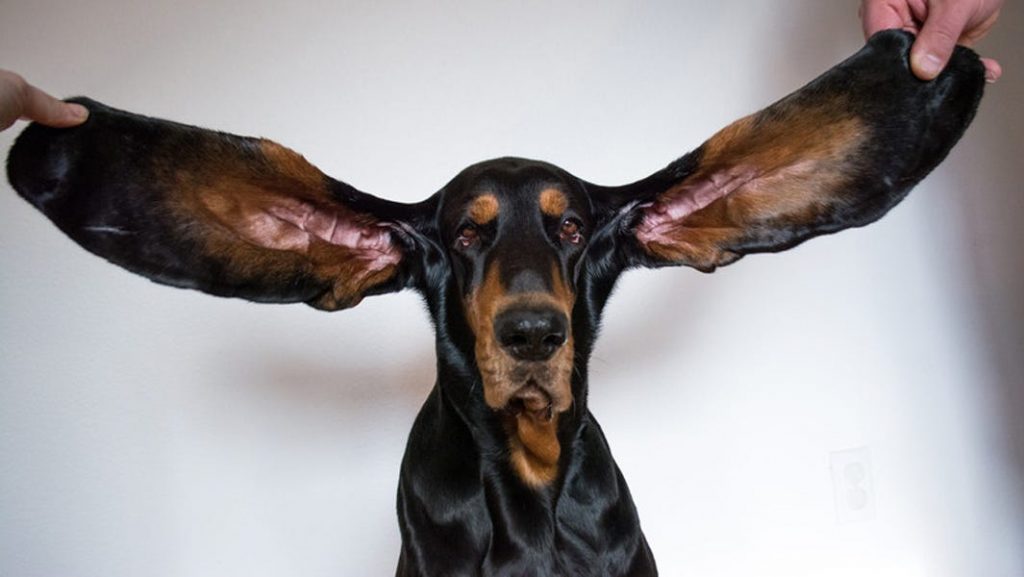
Your dog’s ears should be cleaned once every week or two.
- Try using an at home mixture of apple cider vinegar and water (1:3 ratio) or a 50:50 mixture of isopropyl alcohol and white vinegar.
- Use a natural antibiotic if infected (itchy, red, sweet smell)
Dental Care
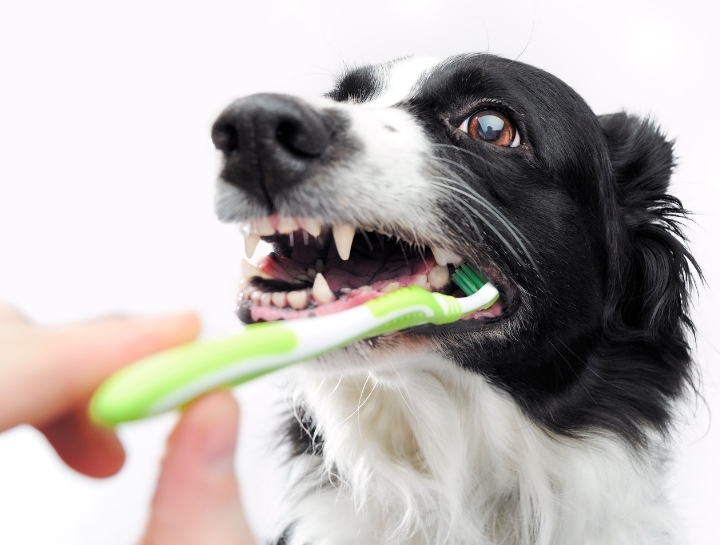
Tooth and gym disease can lead to foul breath, tooth loss, heart disease and kidney disease.
- For maximum health, you should brush your dogs teeth daily or as often as possible (try using oxyfresh pet toothpaste to oxygenate your pups gums)
- Rinse with saltwater if bleeding occurs
- Treat gums with coconut oil to sooth any discomfort and keep the mouth clean after brushing
- Contrary to popular belief, chew treats and biscuits will not prevent tooth and gum disease
Care For Older Dogs

The average dog is considered “senior” at 8 years of age. Learn how to:
- Adjust your training for your senior dog
- Monitor weight/prevent obesity
- Maintain a moderate exercise program
- Adjusting diet and supplements for your senior doggies needs
- Joint care
- Liver support
- And more
First Aid
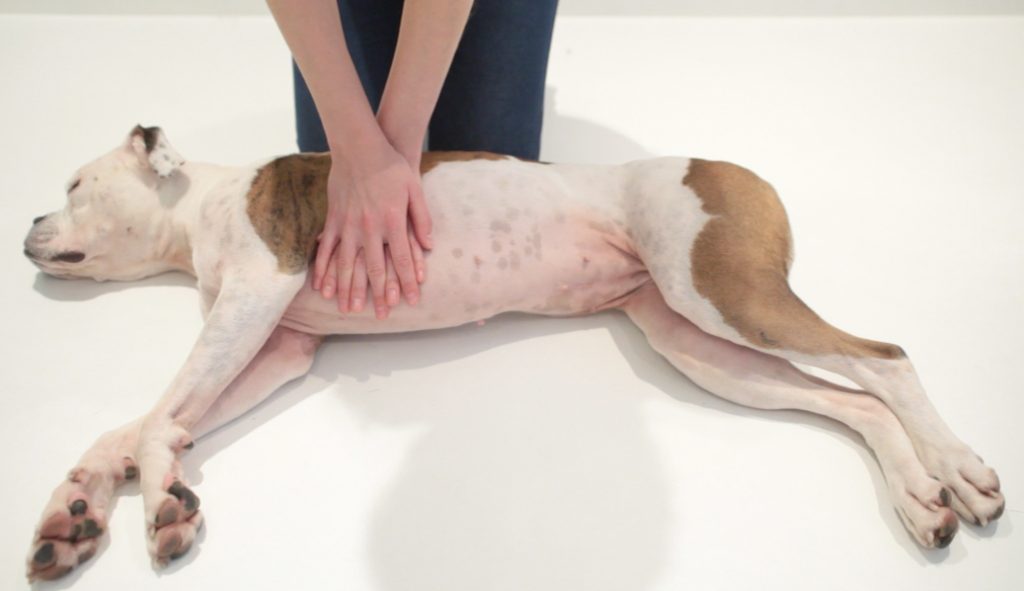
At SoCal, we are certified in pet first aid and can share this valuable, life saving information with you in more detail at our sessions:
- Planning for an emergency
- Safety first- yours and your dogs
- Controlling severe bleeding
- Administering CPR (mouth to nose resuscitation, external heart massage, etc)
- Immobilizing injuries
- Poisoning
Training

Training your dog offers multiple benefits:
- Mental stimulation/exercise
- Socialization Training
- Desensitization Training
- Obedience and Behavioral Training reducing unwanted behaviors
- House Training/Manners Training
- More content and calm dog
Traveling with your dog
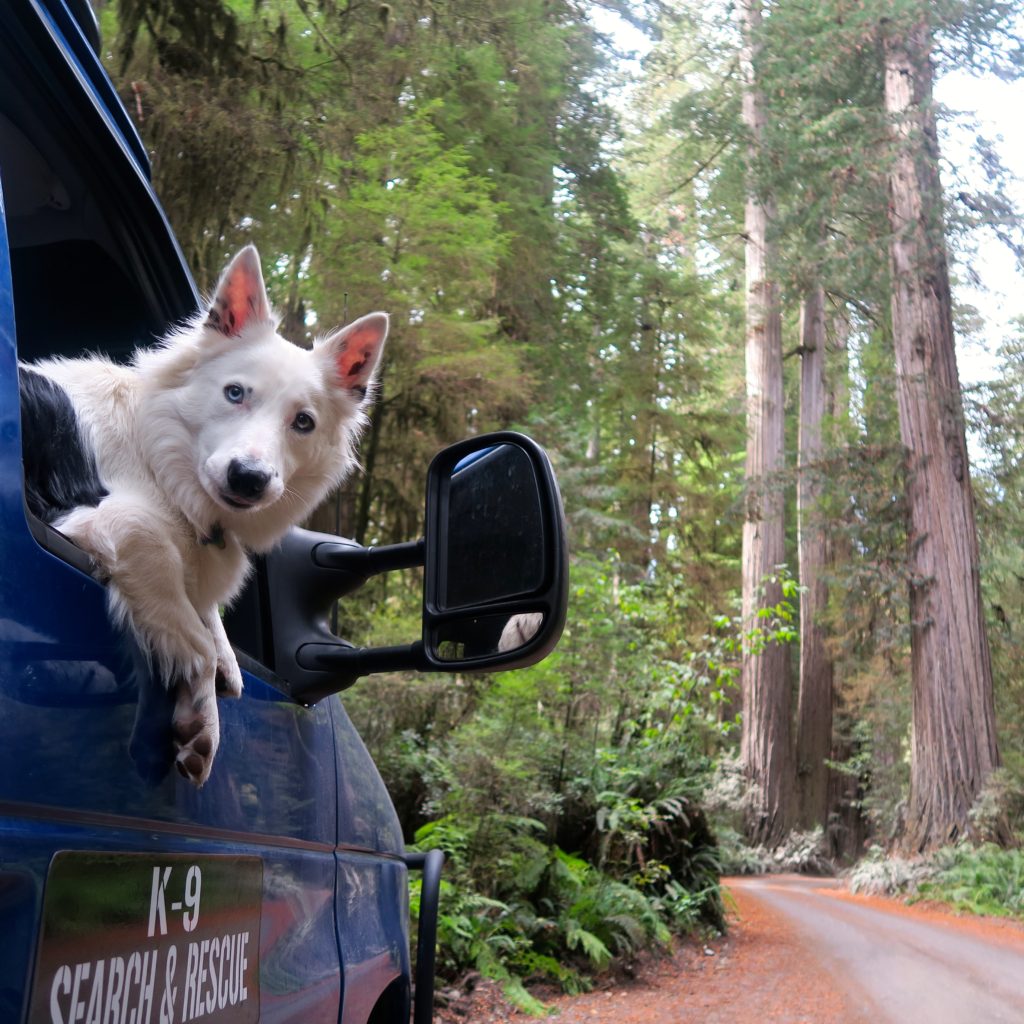
When traveling with your dog think safety. Pre planning what to bring and knowing your dogs needs ahead of time will help you to create a positive experience:
- Car travel- what to bring, safety precautions, threshold manners
- Airplane travel- learning the rules and regulations, what to expect, etc.
- Vacation travel- finding pet friendly accommodations and emergency care
- Bring your dog to work with you
- Bringing your dog to pet friendly places
- Bringing your dog to non pet friendly places
